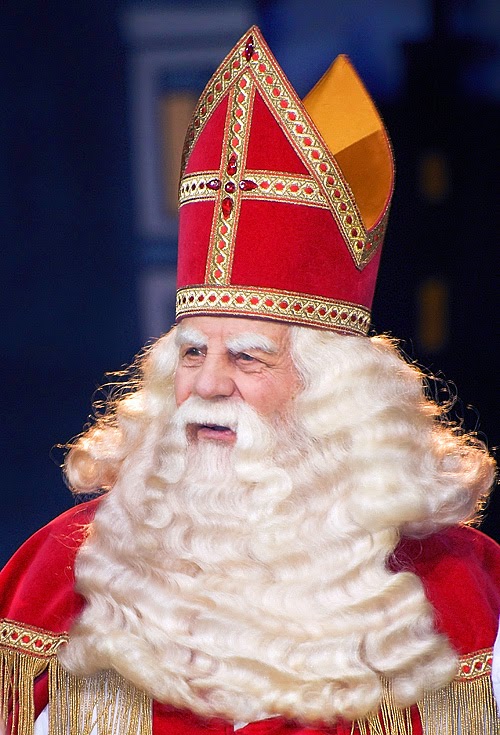New Year's Eve 2014

Fireworks have become an expected part of celebration at the end of the old year and start of the new. The cynic in me says that's good for winter tourism in cities like London or Edinburgh. I don't know when New Year fireworks became popular in the UK. I don't remember this from childhood. I just know that now the start of each New Year seems to be noisier than the year before. For my Scottish grandparents 31 December was the day to complete a thorough house-cleaning, especially fireplaces, in preparation for the big celebration tonight of clearing out the old year and welcoming the new. At the same time it was important to ensure all debts were cleared before midnight. The origin of Hogmanay is very ancient, but today's Scottish tradition probably owes most to Viking invaders and their Yule winter festival traditions. I come from a long line of Scottish Presbyterians, who frowned on the celebration of Christmas as a 'Popish' or Roman Catholic feast. From...




.jpg)
